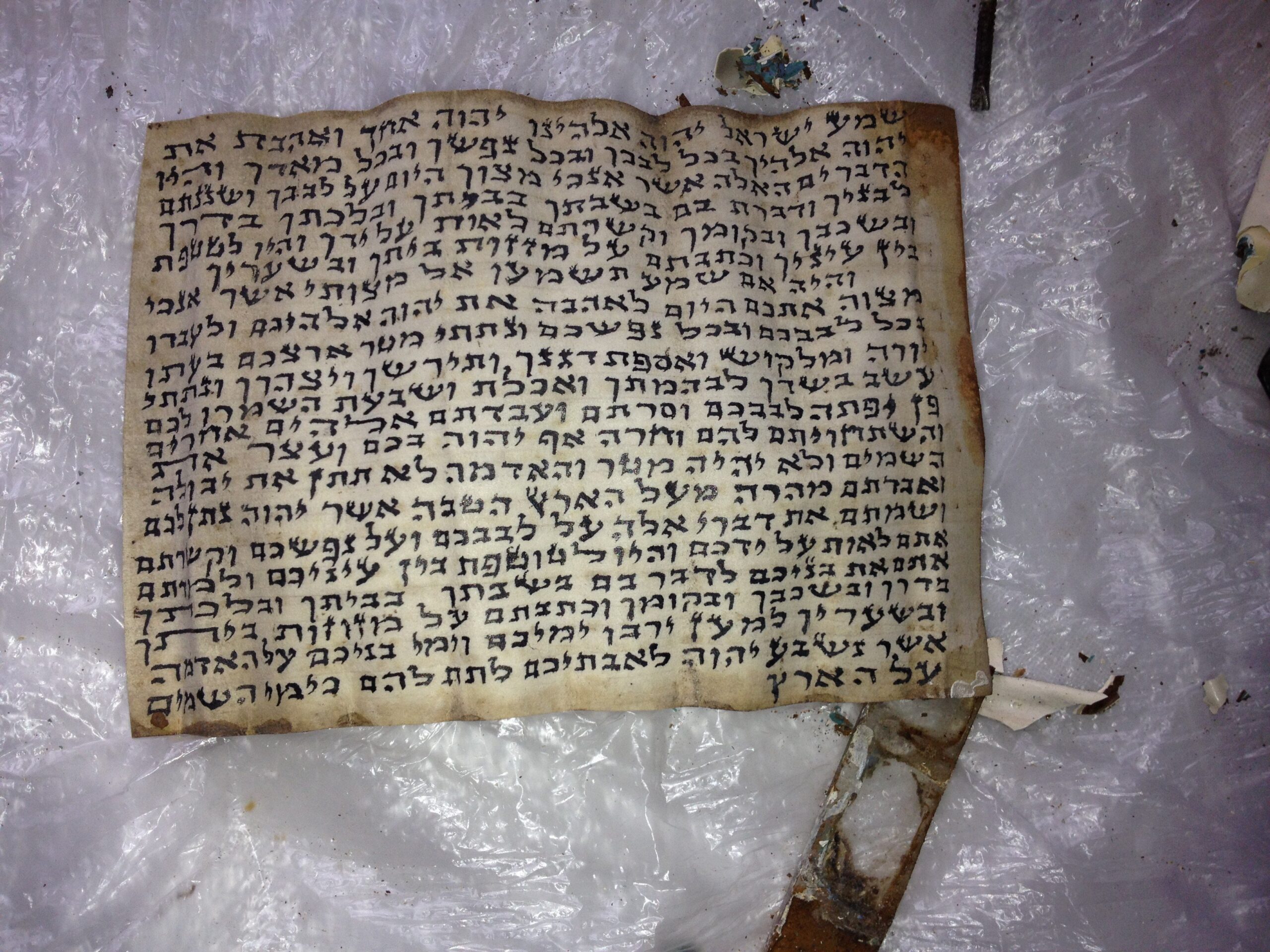Near the beginning of this week’s Parsha (Devarim 4:1) we read the following. “And now, O Israel, hearken unto the statutes and ordinances which I teach you, to do them, so that you may live and go in to possess the Land which HaShem, the G-d of your fathers, gives you.” Verses 4:5 and 4:14 convey a similar message, being that Moshe teaches us the ordinances and statutes so that we can perform them in the Land of Israel.
This being the case, would one be wrong to reach the conclusion that the mitzvot were given to be performed exclusively in the Land of Israel, and nowhere else on Earth?
The Malbim comments that this is not the case. Mitzvot which are not dependent on the Land are clearly intended to be performed the world over. Nonetheless, he adds, even while these mitzvot are not dependent on the Land, the Land is dependent on the mitzvot. We acquire the Land and are allowed to reside within its boundaries when we carry out the mitzvot. Conversely, the Land, like a sentient being, will angrily spew out its inhabitants when they perform immoral acts within it.
While it is seemingly a sine qua non of Judaism that the commandments are universally geographically applicable, the Sifri on Devarim 11:17-18 seems to have a different take on the issue. The Torah (Devarim11:17) tells us that the Jews, as a consequence of sin, will be banished from the Land. The subsequent verse, 11:18, as quoted by Rashi, demands that “Even when in exile we are to continue to put on Tefillin; make Mezuzot – do this when you are in exile, so that when you return, they will not be new to you. As Yirmiyahu (31:20) states: “place markers before you.” The mitzvot are like markers, like signposts along the road, preparing and directing us for our return to the Land. The Ramban quotes this Rashi and proceeds to explain the hidden meaning, encapsulated in this source. Due to the special kedusha inherent in the Land, there is a highly significant qualitative difference between the performance of mitzvot inside the Land of Israel, as opposed to those very same mitzvot outside of the Land of Israel. Espousing this same understanding, the Ramban says (Vayikra 18:25) that the mitzvot are essentially for those who dwell in the Land of the Lord.
To give a colloquial twist to the Sifri’s teaching, we can say the following. Although the same mitzva may be performed in Israel as well as in Chutz La’aretz, the difference between the two is like that between a practice match played away from home and experiencing the real tournament on one’s home court.
The home court of the Jewish People and of the Almighty is right here in Eretz Yisrael. We should learn from sports lovers not to discount the importance of the home court advantage!
RABBI YERACHMIEL RONESS was born and raised in Montreal, Canada. After serving as a congregational Rabbi and as a Hillel Director in New York City, he made Aliyah in 1983 with his wife Dina and their five young children.
Ever since, Rabbi Roness has dedicated his life to promoting Aliyah. First, as Rabbi of the Jewish Agency’s Absorption Centers, and subsequently as the executive director of the Aloh-Naaleh organization.
This article was taken from Rabbi Roness’s new book: Aloh Na’aleh – Eretz Yisrael and Aliyah in the Weekly Parshah. The book is for sale on Amazon.









